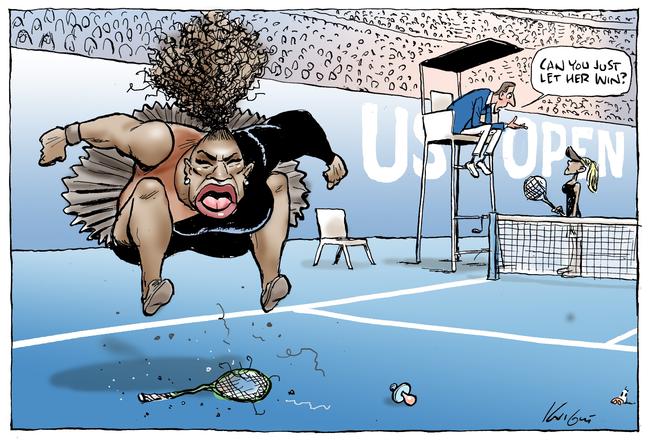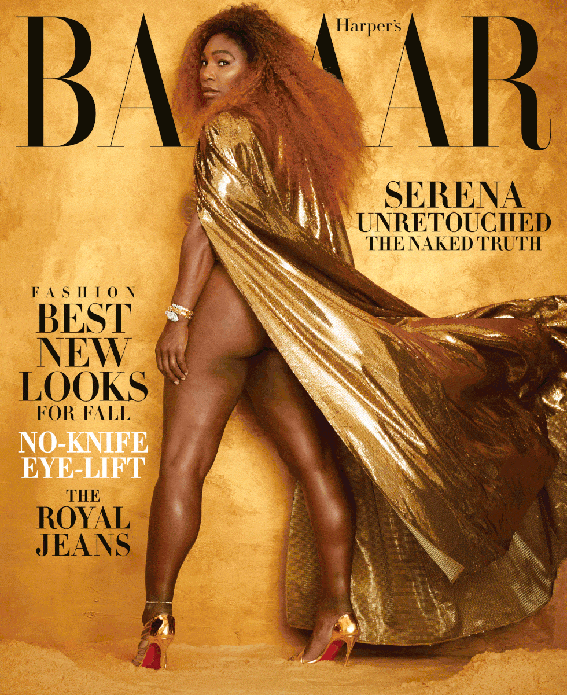



The media plays a significant role in shaping our opinions, attitudes, and actions, especially in the context of sports. Exploring the complexities of media representation in sports, particularly regarding black athletes, provides valuable insights into the intersectional dynamics. By critically analysing media portrayals, we can better understand how race, gender, and power intersect to shape societal narratives. Throughout history, black athletes have been depicted in both positive and negative ways, reflecting broader societal views on race, power, and athletic ability. Sports media serves as a lens through which we can observe, analyse, and critique these representations.
This study examines the framing of black athletes in sports media, using case studies of Serena Williams and Colin Kaepernick. Through qualitative methodologies, including content analysis, visual analysis, and hashtag analysis, this study examines the language, imagery, and narratives used to depict Serena Williams, shedding light on broader societal attitudes towards race, gender, and power dynamics. Additionally, it extends its analysis to encompass the #KaepernickEffect, exploring the ripple effect of Kaepernick’s protest beyond the NFL and its implications for sports media discourse.
Media representations have the power to challenge or reinforce stereotypes and cultural attitudes, whether we’re admiring an athlete’s abilities or scrutinising their behaviour and character. While the examples predominantly come from America, the study opens avenues for further exploration within different cultural contexts, inviting discussions on the influence of media framing on perceptions of race and identity. Ultimately, by interrogating the control of media framing and the influence of celebrity power on public perception, we can uncover deeper truths about power, inequality, and the complexities of race in our society.